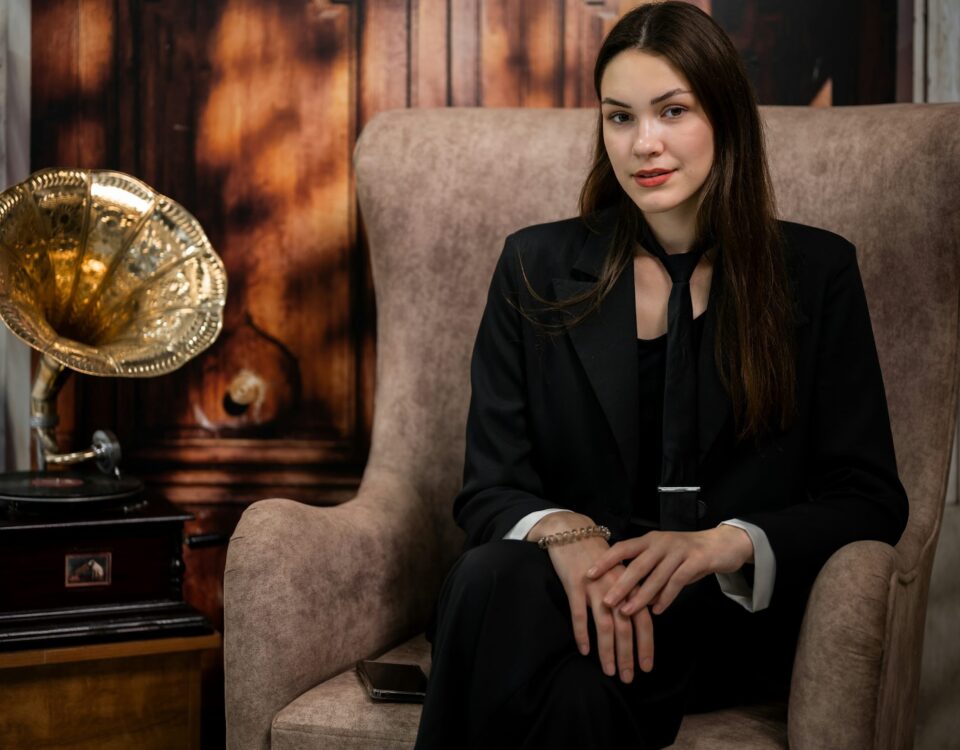
Dating Agency in Quebec – Your Guide to Finding Real Love in a Unique Culture
11.08.2025
Are Ukrainian Women the Most Beautiful in the World?
11.08.202512 Steps to Marrying a Russian Woman in France
Marrying a foreign woman in France – especially if she’s Russian – is both exciting and challenging. It’s a mix of love, cultural discovery, and… a fair bit of paperwork. Every year, thousands of men in France marry foreign women – Russian, Ukrainian, Moroccan, and many others. But how do you actually make it happen? What’s the process? Which documents do you need? And how do you make sure your marriage is recognized so you can start your life together without trouble?
Here’s a straightforward 12-step guide to help you work through everything in the right order.
Table of Contents
1. Understand the legal rules first
Before you start collecting papers, make sure you know the legal requirements. In France, marrying a foreigner is legal as long as both people are over 18, unmarried, and give their consent freely.
If you met abroad or through an international dating site, be aware that France applies strict rules to prevent so-called “sham” or “grey” marriages. The registrar can even order an investigation to make sure the marriage isn’t just for a residence permit.
2. Visit your local city hall
Your first stop should be the mairie (city hall) where you live. They’ll explain how to put your file together and exactly what documents to bring. Some city halls ask you to make an appointment, others simply hand you a form to fill in.
This is also the time to find out about deadlines and to ask questions about things like publishing the banns, how many witnesses you need, and which translations are required.
3. Gather the required documents
The file is the foundation of your application. For a marriage to a Russian woman, you’ll usually be asked for:
- A full copy of your birth certificate issued within the last three months
- A full copy of your fiancée’s Russian birth certificate, apostilled in Russia and translated by a sworn translator in France.
- Her valid international passport.
- A certificate of single status or certificate of capacity to marry, issued by Russian authorities or the Russian consulate in France.
- A certificate of custom confirming she’s legally allowed to marry under Russian law.
- Proof of your address, such as a utility bill or housing certificate.
- ID and addresses for your witnesses.
If she’s been married before, you’ll also need her apostilled and translated divorce decree. These requirements make sure your marriage follows both French law and her country’s law.
4. Translate and apostille the documents
Many couples underestimate this step. France requires all foreign official documents to be apostilled in the country where they were issued and then translated in France by a translator accredited by a Court of Appeal.
Expect to pay roughly €30–€60 per document, depending on the language and city. And note: translations done in Russia, even by a notary, are not accepted.
5. Choose your witnesses early
You’ll need at least one witness per spouse (and up to two each). Choosing French witnesses can make things easier since it avoids extra translation or paperwork.
They’ll need to give you a copy of their ID and their contact details, so it’s best to arrange this early on.
6. File your marriage application
Once everything’s ready, return to city hall to submit your file. Without this, the wedding date can’t be set. The minimum wait is usually one month to allow for publication of the banns, but with international paperwork, starting two to three months ahead is safer.
7. Publication of the banns
The banns – a 10-day public notice posted at city hall – are required for any marriage in France. If your fiancée still lives in Russia, a notice will also be sent to the French consulate there to be posted locally.
8. Attend the pre-wedding interview
Sometimes, especially with international couples, the mayor or a registrar will invite you to an interview. This is just to confirm the marriage is genuine. If your future wife doesn’t speak French, you’ll need an interpreter.
It’s a normal step in mixed-nationality marriages – just answer honestly and be yourselves.
9. The civil wedding
On the big day, the ceremony takes place at city hall. You’ll sign the marriage certificate, which makes your union official under French law. You’ll need this certificate later for things like applying for a residence card or registering for social security.
10. Register the marriage in Russia (optional but useful)
Although your marriage is valid in France, Franco-Russian couples often find it helpful to register it in Russia. This can make travel and administrative steps there much easier, and it can also help with inheritance matters.
11. Apply for your wife’s residence permit
After the wedding, your wife can apply for a “private and family life” residence card – the standard permit for spouses of French citizens. This card allows her to work and travel in the Schengen area.
After three years, she can apply for a 10-year resident card, and after four years of living together, she may apply for French citizenship.
12. Start your life together
Once the paperwork is behind you, it’s time for the most important part – living together as a couple. You might choose to have a religious ceremony (for example, an Orthodox wedding in Russia), throw a big family celebration, or simply enjoy your new daily life.
If you get married abroad, remember: you’ll need to have the marriage officially transcribed by the French authorities for it to be fully recognized in France.
If you’re still looking for a partner
If you haven’t yet met the right woman, you might want to try trusted sites like ukreine.com. It’s a reputable platform for meeting genuine Russian and Ukrainian women who are interested in serious, committed relationships. They also offer discreet support to help couples move from meeting to marriage smoothly.
In short
Whether your partner is Algerian, Moroccan, Russian, or Tunisian, the essentials are the same: a sincere relationship and a well-prepared application. Follow these 12 steps, add patience and genuine affection, and your international marriage will be the start of a shared life between two cultures – not just a legal formality.
FAQ – Common Questions
Can you get married in France on a tourist visa?
Yes. But remember, a short-stay visa doesn’t automatically lead to a long-term residence permit. Your spouse will need to apply for a long-stay “private and family life” visa.
What documents are needed?
Typically: apostilled and translated birth certificate, certificate of single status or capacity to marry, passport, proof of address, and witness ID.
How long does it take?
Usually two to four months, depending on how quickly you get the translations and Russian documents.
What rights does a foreign spouse of a French citizen have?
They can get a residence card, work, access social security, and eventually apply for citizenship.
What if the wedding takes place in Russia?
You’ll need to have it transcribed by the French consulate for it to be officially recognized in France.







